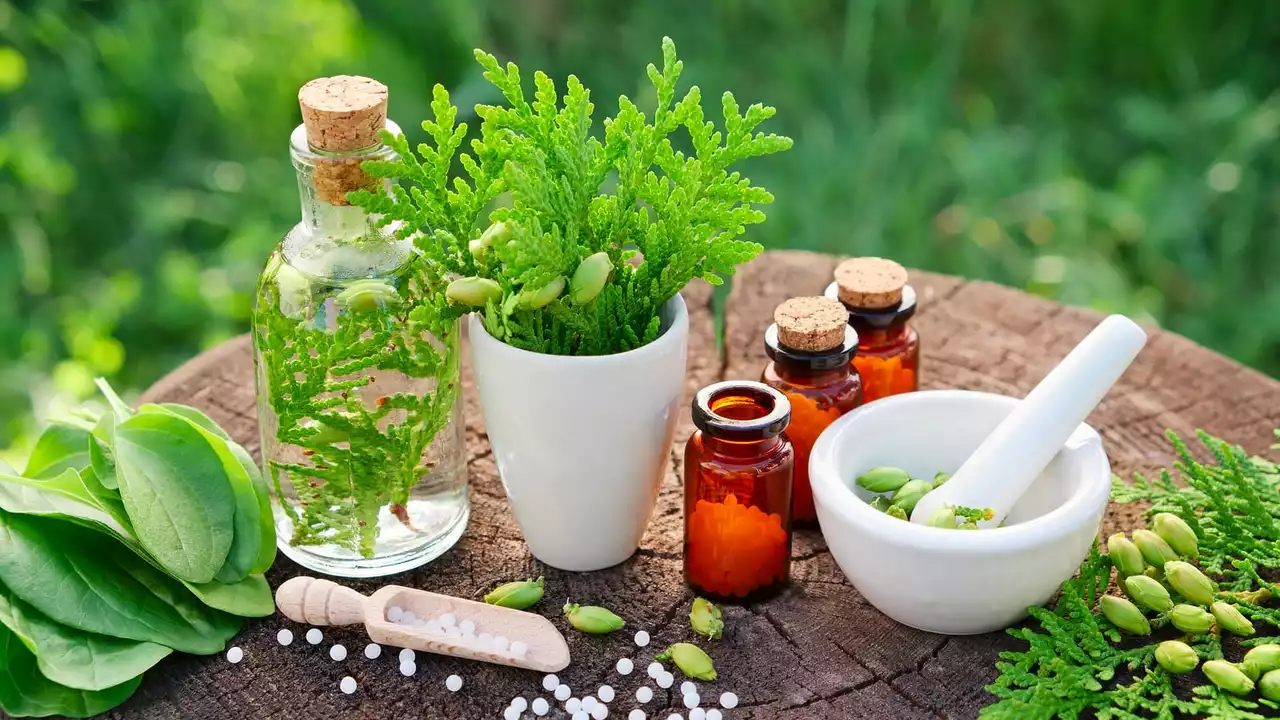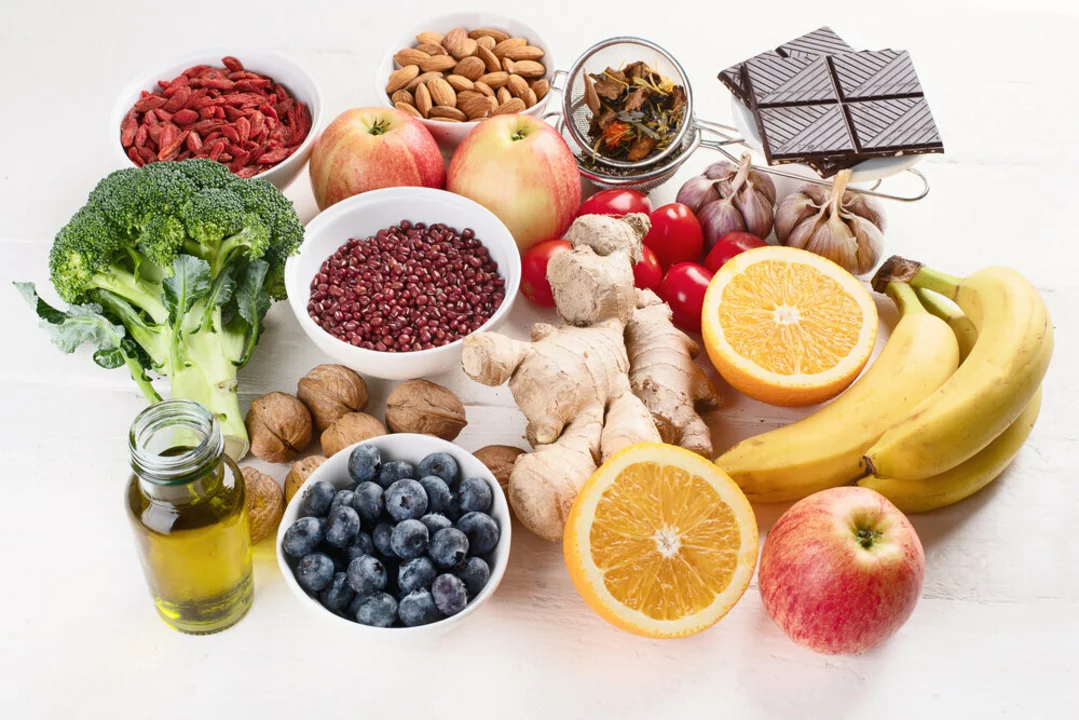In my latest blog post, I delve into the benefits of Sweet Sumach, a plant-based supplement that's making waves for its health-promoting properties. This vibrant plant is packed with antioxidants, aids digestion, and can even help control diabetes. Not only does it enhance your meals with its tangy flavor, but it also plays a significant role in boosting your overall health. If you're looking for a natural way to enrich your diet, Sweet Sumach might just be your new best friend. Trust me, your body will love it!
Natural remedies: what works, what’s risky, and where to learn more
Looking for natural ways to feel better? Great — but natural doesn’t always mean safe or effective. This page gathers clear, practical advice and our best articles on herbs and supplements so you can make smarter choices without guessing. Read short guides on things like herbal bronchodilators for breathing, valerian for sleep, and new supplements such as cup plant and Calcium D‑Glucarate.
Quick safety checklist
Before you try anything new, run through this simple list: 1) Check interactions — many herbs change how prescription drugs work (for example, some herbs affect blood thinners or antidepressants). 2) Start low — use the smallest dose that might help and watch for side effects for a week. 3) Watch quality — use products from brands that list ingredients, batch numbers, and third‑party testing. 4) Ask a pro — if you’re pregnant, breastfeeding, have liver/kidney disease, or take multiple medicines, talk to your doctor or pharmacist first. 5) Stop if it gets worse — allergic reactions, rashes, fast heartbeat, or sudden breathing trouble mean stop and seek care.
Top natural remedies we cover and how to use these articles
Want specifics? Start with articles that match your concern: read “Herbal Bronchodilators: Natural Asthma Relief vs. Ventolin” to see which herbs have some clinical support and which are overrated. If sleep or anxiety is your issue, our Red‑Spur Valerian piece explains doses that people report help and what side effects to expect. For weight goals, the Chitosan article outlines how it may affect fat absorption and realistic expectations. Curious about new supplements? The Cup Plant write‑up covers what the ingredient is, possible benefits, and how to pick a supplement. For detox or hormone support, see the Calcium D‑Glucarate guide for how people use it and what evidence exists.
Each article gives a short evidence summary, common doses people try, and realistic results you can expect. We also point out red flags — like herbs that can cause dangerous interactions or products that often come contaminated or mislabelled.
Practical tip: if an online seller promises a miracle or a single pill that fixes everything, treat the claim with skepticism. Real benefits usually come from consistent, modest changes — better sleep habits, improved diet, and careful, informed supplement use.
Want to learn more about buying safely? Check our pharmacy and prescription guides for tips on ordering supplements and medications online, verifying suppliers, and spotting fake listings. If a supplement claims to replace prescription treatment, ask your doctor before switching.
Use this tag page as your starting point: pick one article that matches your need, read the safety notes, and use the checklist above before trying anything new. If you want a quick recommendation based on your meds or health conditions, reach out to a pharmacist or use the site’s contact page to get reliable guidance from our team.
In my latest blog post, I explore the incredible benefits of Groundsel, a natural remedy that can boost your immune system and improve digestion. Groundsel is a powerful herb that has been used for centuries to support overall health and well-being. Not only does it strengthen our immune system, but it also aids in digestion by promoting healthy gut bacteria. I dive into the science behind this amazing plant and share tips on how to incorporate it into your daily routine. Don't miss out on discovering the Groundsel advantage and how it can help you lead a healthier lifestyle!


